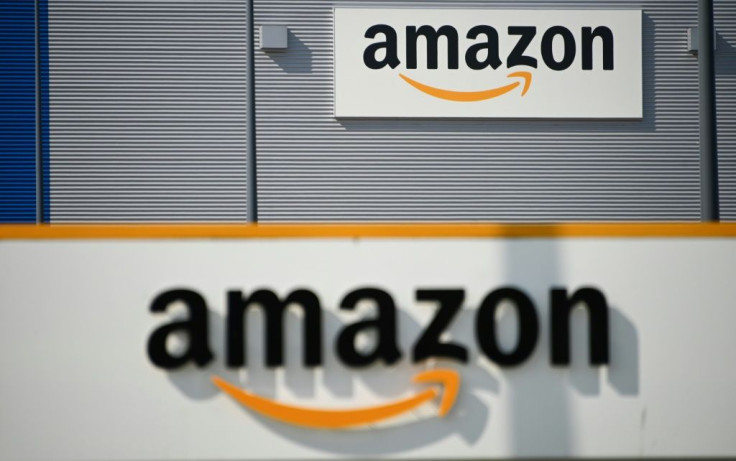Amazon Flooded By Fake Reviews As COVID-19 Fuels Online Shopping Boom
KEY POINTS
- Services that detect fake Amazon reviews are reporting record highs fueled by COVID-19 shopping and Amazon policy
- Amazon states that these services can't truly determine what reviews are authentic
- The spike hasn't been seen with other online sellers
Amazon has been flooded by fake reviews in recent months as the COVID-19 pandemic increases online sales and company policies make fraudulent reviewing easier.
The uptick has been measured by services that detect false reviews like Fakespot, according to the Seattle Times. Fakespot’s rate of detected false reviews jumped to 42% from 36% this time last year.
“We’ve only seen those kinds of numbers in the Black Friday or Christmas period in 2019,” said Saoud Khalifah, Fakespot’s CEO. “In 2020, the surge of fake reviews has proliferated in a rapid manner coinciding with lockdown measures in the USA.”

Other online sellers such as Walmart have not seen the same jump. Fake reviews are used both to inflate product ratings and to sabotage competitors.
Reviews are an important part of how customers judge products, too: Since 2015, 20 million consumers have used Fakespot to check review authenticity.
Khalifah says that Amazon seems to have unsuccessfully tried to purge its site of bad actors in recent weeks. He points to some users on Amazon’s Vine program, which gives preferential treatment to trusted reviewers. One of its members reviewed nine products a day.
“No one has time to review that many products ever. These are obviously fake,” Khalifah said.
A spokesperson for Amazon told the Times that Fakespot and other similar services can’t know for sure if reviews are authentic, but that Amazon was aware of the problem and devoting resources to try to fix it.
“Companies like Fakespot and ReviewMeta that claim to check reviews cannot concretely determine the authenticity of a review, as they do not have access to Amazon’s propriety data such as reviewer, seller and product history,” they said.
ReviewMeta founder Timmy Noonan points to Amazon’s “one tap reviews” as another hole in the system. Through that service, users can review a product without posting a full entry that would include their identity, a timestamp, and a link to their profile with a review history.
Since its implementation, the average review has gone from 4.3 stars to 4.6.
“This has already led to abuse,” wrote Noonan. “We can’t see the dates the ratings were submitted, which users submitted the ratings, what other products those users rated.”
Khalifah advised users to be cautious, as fake reviews will likely continue to become more common heading into the holiday season.
“If it’s too good to be true, it probably isn’t,” he said.
© Copyright IBTimes 2024. All rights reserved.




















